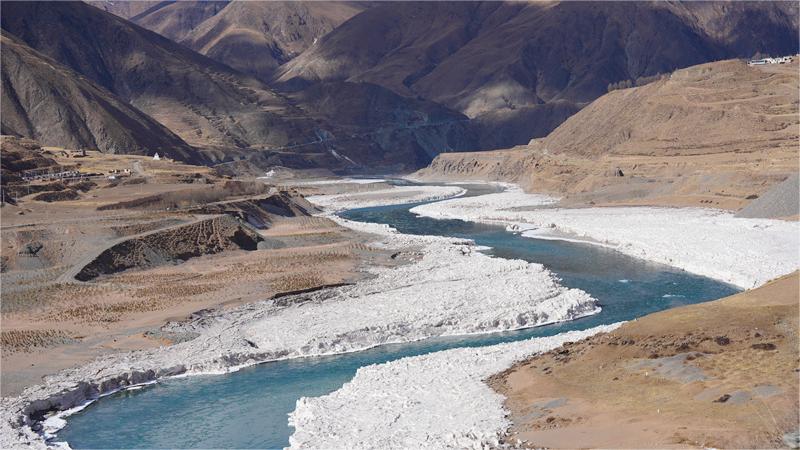Philippine senator criticizes U.S. military's fuel transfer into Philippines
MANILA, Jan. 11 (Xinhua) -- Philippine Senator Imee Marcos has demanded an explanation from the government and military for the shipment of millions of gallons of fuel by the U.S. Navy to Subic Bay in the Southeast Asian country.
In a statement published Wednesday evening, citing data from several international shipping trackers, Marcos said the oil cargo was loaded at Pearl Harbor in Hawaii on the U.S.-registered tanker Yosemite Trader on Dec. 20 and remained some 50 km west of Subic Bay as of Wednesday morning.
The United States Embassy in the Philippines on Thursday confirmed that the U.S. military transferred fuel to Subic Bay from the U.S. military storage facility at Red Hill, Pearl Harbor, Hawaii.
Marcos, who chairs the Senate Committee on Foreign Relations, criticized the "inexplicable silence" of both the Philippine and U.S. governments before the shipment, accusing the government and the U.S. of depriving the Filipino people of the right to know.
"(Storing massive fuel) is not just an issue of foreign policy but of Philippine sovereignty, even environmental safety. The government better have a clear explanation for this," Marcos said.
The Red Hill Bulk Fuel Storage Facility in Hawaii, a giant military fuel storage facility, was operated by the U.S. Navy and designed to support U.S. military operations in the Pacific.
The U.S. Navy has admitted that the World War II-era storage facility experienced two leaks in 2021, one in May and one in November, that spilled more than 30,000 gallons of fuel, contaminating drinking water on the island of Oahu, reportedly sickening thousands of people.
In November 2022, an estimated 1,300 gallons of aqueous film forming foam, which is used in firefighting and slow to degrade in the environment, spilled in the facility, triggering an ongoing water contamination crisis jeopardizing nearby communities.
The Red Hill facility is in the process of being defueled and closed. The U.S. Navy is hoping to finish defueling by 2024 and permanently close the facility by 2027.
Some Philippine activist groups for peace also questioned the military fuel transfer, labeling it as "war fuel".
Photos
Related Stories
- Japan begins work for U.S. base relocation in Okinawa despite local opposition
- U.S. Defense Secretary Lloyd Austin diagnosed with prostate cancer
- U.S.-led coalition in Iraq should only play "training and advising" role: president
- U.S. moon lander suffers malfunctions after launch
- 21 injured in hotel explosion in U.S. Texas
Copyright © 2024 People's Daily Online. All Rights Reserved.









